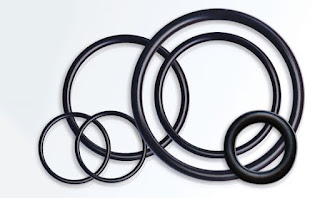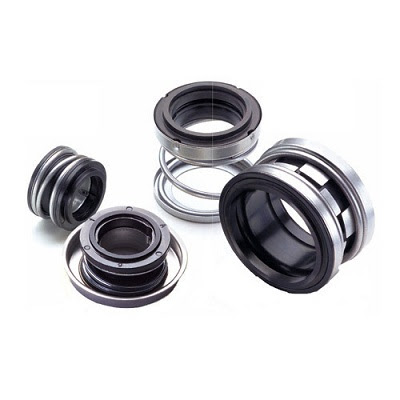O-Rings: Understanding the Importance of Proper Usage
O-rings are one of the most commonly used sealing solutions in various industries today. These ring-shaped seals are made from a variety of materials and can be found in an array of sizes and shapes to suit different applications. Although they are small, and play a crucial role in ensuring the proper functioning of various mechanical systems, which is why it is essential to understand their proper usage and limitations.
What are O-Rings?
They are circular, loop-shaped
seals that are used to prevent leakage or seepage of fluids or gases in
mechanical systems. They are typically made from materials such as silicone,
Viton, EPDM, Buna-N, and other synthetic elastomers that can withstand
different types of environments and temperatures. This can be used in a variety
of applications, including aerospace, automotive, plumbing, HVAC, and more.
Importance of Proper Usage
Using this beyond their
recommended usage limits can lead to failures and leaks, causing a significant
impact on the performance of mechanical systems. It is, therefore, essential to
understanding the recommended usage and limitations of O-rings to ensure
optimal performance and longevity.
Single-Use
These are designed for single
use, meaning they should not be reused once they have been used in an
application. This is because O-rings undergo compression and stress during
their use, which causes them to wear and deform. Once removed, the O-ring is no
longer in its original shape and will not provide the same level of sealing
performance, which can lead to leaks.
Recommended Usage Limits
O-rings have recommended usage
limits, which are typically based on factors such as temperature, pressure,
fluid compatibility, and more. Exceeding the recommended usage limits can cause
the O-ring to fail, resulting in leakage and potential damage to the mechanical
system. It is essential to ensure that they are used within their recommended
usage limits to prevent damage and ensure optimal performance.
Storage and Handling
Proper storage and handling of
these rings are crucial to ensure their longevity and prevent damage. They
should be stored in a cool, dry, and dark place away from direct sunlight,
ozone, and other environmental factors that can cause them to degrade. They
should also be stored separately from other materials to prevent contamination.
During handling, care should be taken not to scratch or deform the O-ring, as
this can affect its sealing performance.
Conclusion
In conclusion, O-rings are a
critical component in various mechanical systems, and their proper usage is
essential for optimal performance and longevity. Using these beyond their
recommended usage limits or reusing them can lead to failures and leaks,
causing significant damage to the mechanical system. Therefore, it is crucial
to ensure that they are used within their recommended limits and stored and
handled correctly to prevent damage and ensure their effectiveness. To know
more information click the link and visit the website.




Comments
Post a Comment